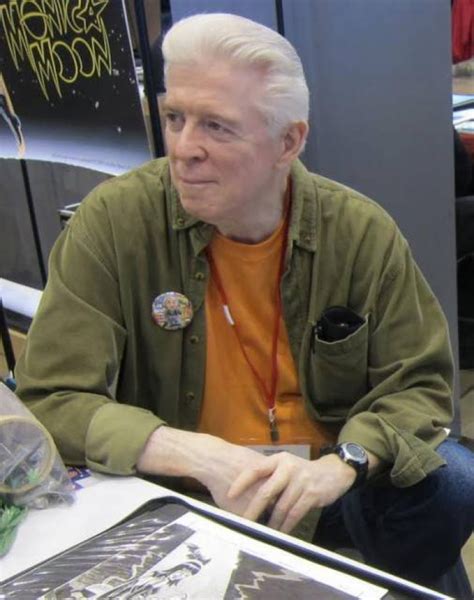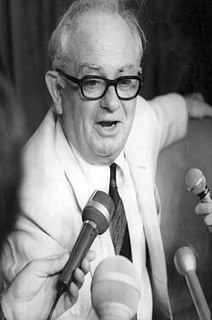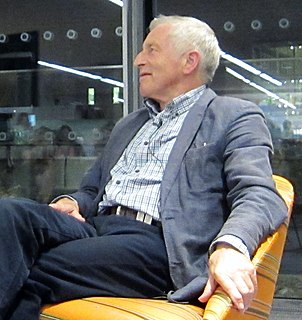A Quote by William J. Duiker
Many of the ideas of Sun Tzu and Mao Zedong came naturally to the young Ho Chi Minh, who would probably have applied the same strategy even had he not been aware of them.
Related Quotes
The influence of Sun Tzu on other North Vietnamese military strategists is harder to answer. Certainly many of the key leaders in Hanoi were aware of Sun Tzu and made use of his ideas - Vo Nguyen Giap applied many of these ideas in seeking out weak elements in the enemy's defenses, as did Truong Chinh, whose famous treatise, The Resistance Will Win (1947), cited the ideas of Mao Zedong as a model for the North Vietnamese to follow.
When he served in China during World War II, [Ho Chi Minh] learned about Mao Zedong's tactics of guerrilla war against the Japanese (and later against Chiang Kai-shek's forces), and he translated some of Mao's works into Vietnamese. But it is clear that his own ideas on how to counter the enemy ran along the same lines.
On many occasions in the late 1950s and 1960s, [Ho Chi Minh's] ideas were apparently ignored by those who felt that his approach was too naive and prone to compromise. The outbreak of open warfare with the French and later with the United States was in effect a sign of the failure of Ho Chi Minh to achieve his objective to fight and win at low cost.
I see no reason to believe that the Vietnamese Communist Party will lose control over the reins of power in Vietnam. There is no organized force in the country that is capable of competing with the VCP for power. And the party still believes that it must rule by intimidation and by dominating the political scene In effect, it has abandoned that part of Ho Chi Minh's legacy that the people must be won over by persuasion rather than by force - a dictum that Ho Chi Minh did not always follow himself.
There were various aspects of Sun Tzu's approach that appealed to Ho Chi Minh: a) to learn to understand both the enemy and yourself, to seek out his weaknesses and your own strengths, and act accordingly, b) to make ample use of subterfuge and stratagem in order to defeat or disarm your adversary, and c) to use outright violence only when absolutely necessary in the belief that political struggle was more effective than military struggle.






















